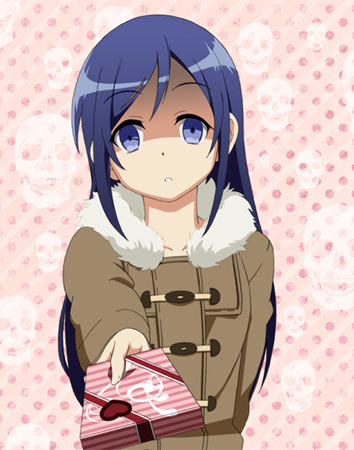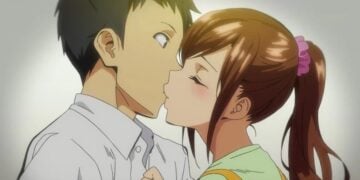There are some things you say when you live in Japan that you’d certainly never utter back home. For example, when you give someone a gift it’s common to be self-effacing and say つまらない物ですが tsumaranai mono desu ga (“please accept this boring gift”) as you hand it to them, something you’d never do in English. (If it’s food you might say, “I’m not sure if you’ll find this delicious or not, but please eat it anyway.”) Asking a person’s blood type then having a deep conversation the implications raised by them being a certain blood type is odd, as is hearing someone ask “Where is your domicile?” instead of “Where do you live?” since Japanese people sometimes think the most complex and difficult English word is the “best.” When a member of the J-List staff goes home for the day, I’ll usually tell them 気をつけて ki o tsukete, which means “please be careful [driving home],” but this farewell greeting might sound a bit strange if said in English. Then there’s, “At what age did you stop bathing with your parents?” In Japan, parents will generally take baths with their kids up to a certain age, usually fourth grade or a few years later. It’s a wholesome time for parent-child communication which the Japanese call “skinship,” and something I liked a lot back when my kids were small enough to do it. A common joke in anime is a character who’s embarrassed when his friends find out that he was taking baths with his mother well into junior high school.

“Please accept this boring gift, you imouto-loving pervert.”














